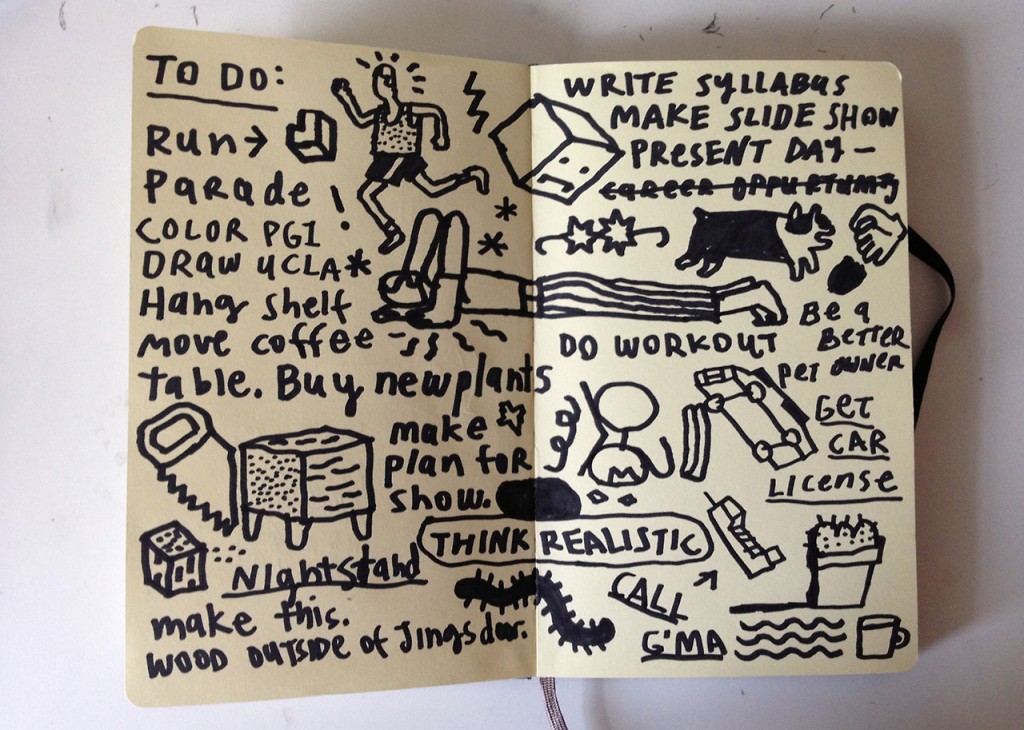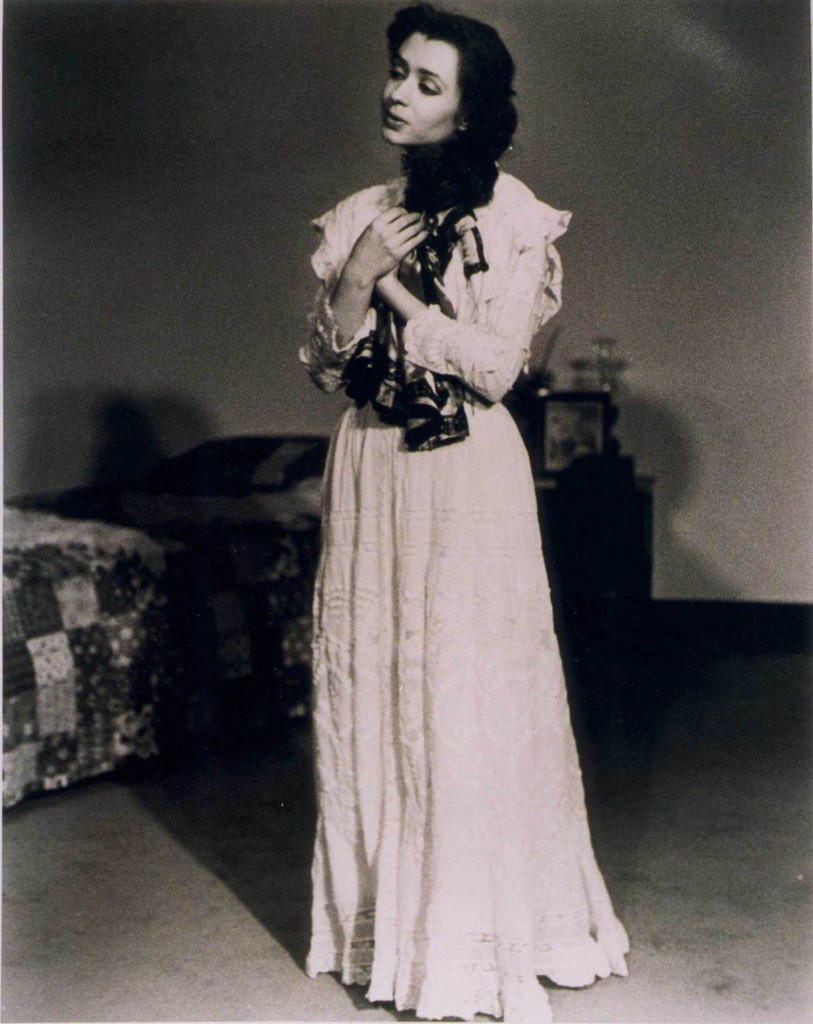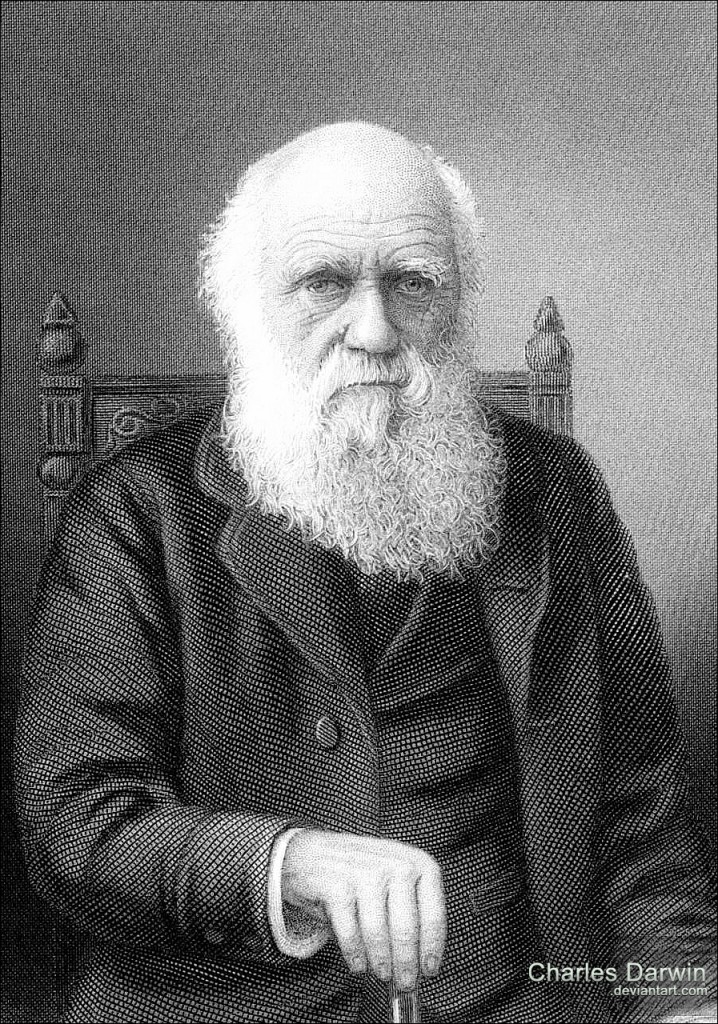What is the ultimate routine for an artistically productive day, you ask? If only there were a set formula as precise as a mathematics theorem. But unfortunately, there isn’t. And so mankind ends up experimenting with schedules to find one that works best.
And in the meantime, why not take a speck of inspiration from those who did find the perfect routine? Here are the daily routines of some of the greatest writers of the millennium gone by. Mind you, they were all early risers, exercisers, drinkers, smokers, nap-takers and procrastinators! So largely speaking, you’re probably close to the right track anyway.
1. C.S. Lewis
8:00 am: Breakfast
9:00 am – 1:00 pm: At his desk to read or write (A short break at 11:00 am for a cup of piping hot tea or coffee was imminent!)
<Note to self – A step or so out of doors for a pint of beer would not do quite so well; for a man does not want to drink alone and if you meet a friend in the taproom the break is likely to be extended beyond its ten minutes.>
1:00 pm: Lunch on the table
2:00 pm – 4:15 pm: On the road for a rejuvenating walk around town
5:00 pm – 7:00 pm: At work again!
7:00 pm: The evening meal and after, comes the time for talk, or, failing that, for lighter reading.
11:00 pm: In bed, unless he was making a night of it with his cronies!
2. Emily Dickinson
6:00 am: Rise and wash up
7:00 am: Breakfast to start the day
8:00 am: Study hours commenced
9:00 am: Gathered in the Seminary Hall for devotions
10:15 am: Recited a review of Ancient History, in connection with which, Goldsmith & Grimshaw was read
11:00 am: Recited a lesson in “Pope’s Essay on Man” which was merely transposition
12 Noon: Practiced Calisthenics until lunch
1:30 pm – 2:00 pm: Sang in the Seminary Hall
2:45 pm – 3:45 pm: Practiced upon the Piano
6:00 pm: Supper and silent-study hours from then until the retiring bell
9:45 pm: Quitting time!
3. Charles Darwin
7:00 am: Rose and took a short walk.
7:45 am: Breakfast alone
8:00 am – 9:30 am: Worked in his study; he considered this his best working time.
9:30 am – 10:30 am: Went to drawing-room and read his letters, followed by reading aloud of family letters.
10:30 am – 12 noon: Returned to study, which period he considered the end of his working day.
12 noon: Walk, starting with visit to greenhouse, then round the sandwalk, the number of times depending on his health, usually alone or with a dog.
12:45 pm: Lunch with whole family, which was his main meal of the day. After lunch read The Times and answered his letters.
3:00 pm: Rested in his bedroom on the sofa and smoked a cigarette, listened to a novel or other light literature read by Emma Darwin, his wife.
4:00 pm: Walked, usually round sandwalk, sometimes farther afield and sometimes in company.
4:30 pm – 5:30 pm: Worked in study, clearing up matters of the day.
6:00 pm: Rested again in bedroom with Emma reading aloud.
7:30 pm: Light high tea while the family dined. In late years never stayed in the dining room with the men, but retired to the drawing-room with the ladies. If no guests were present, he played two games of backgammon with Emma, usually followed by reading to himself, then Emma played the piano, followed by reading aloud.
10:00 pm: Left the drawing-room and usually in bed by 10:30, but slept badly.
4. P.G. Wodehouse
7:30 am: Wake up, go out onto the porch at the back door, and do the “daily dozen” sequence of calisthenic exercises.
8:00 am: Prepare his regular breakfast – toast and honey or marmalade, a slice of coffee cake and a mug of tea –and, as part of the early morning routine, he would read a “breakfast book,” for example a Rex Stout or Ngaio Marsh mystery.
8:30 am: Light the first pipe of the day, crumbling the cigars Peter Schwed sent him into the bowl in preference to pipe tobacco; and afterwards went out for a short walk with some dogs.
9:00 am: Retired to his study for the morning’s work – sat and brooded in a favourite armchair, drafted a paragraph or two in pencil, then moved to the typewriter.
1:00 pm: Lunch – usually meat and two veg, followed by an English pudding like apple crumble
2:00 pm: Hour-long walk with friends Remsenburg and Bolton; after which he unfailingly arrived home for the all-important rendezvous with his favourite soap opera, The Edge of the Night.
4:00 pm: Tea along with wife Ethel which was served English style, on good china with cucumber sandwiches. After this, he might snooze a bit in his armchair, have a bath, and do some more work.
6:00 pm: Evening cocktail (sherry for her, a lethal martini for him) at six, which they took in the sun parlour, overlooking the garden. This was followed by dinner, alone with Ethel, and eaten early to allow the cook to get home to her family.
8:30 pm: Read, but occasionally played two-handed bridge with Ethel, a habit, he joked, that doubtless suggested he was senile.
















